Stakeholders have stressed the urgent need to place young people at the centre of governance and policy-making in Nigeria, noting that their active participation is critical to driving accountability and transparency.
The call was made at a seminar in Akure titled “Strengthening Youth Participation in the OGP Process in Nigeria”, organised by PROMAD Foundation with support from the European Partnership for Democracy, the European Union, the Nigeria Youth Futures Fund (NYFF), SERDEC, and the National OGP Secretariat, as part of efforts to co-create Nigeria’s 4th National Action Plan (NAP IV) under the Open Government Partnership (OGP).
Founder of PROMAD, Daisi Omokungbe, said young Nigerians, despite being the country’s largest demographic, have historically been sidelined in governance and policy processes.
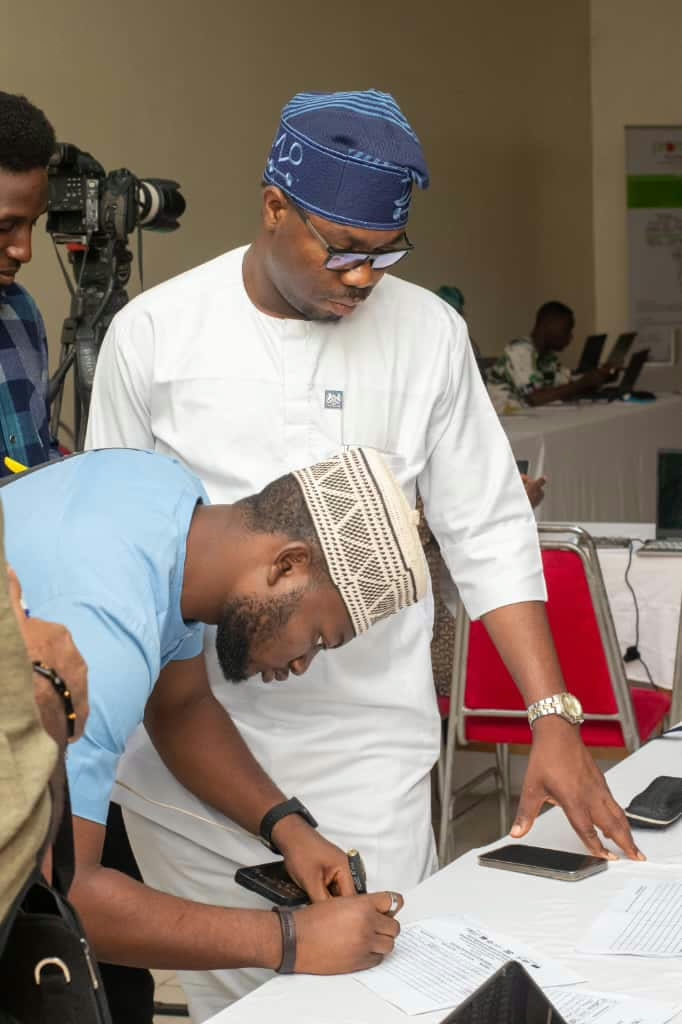
He warned that excluding their voices in shaping accountability frameworks such as the OGP was a costly mistake Nigeria could not afford.
“Young people often feel left out of governance. Yet, everything done today directly affects their future. At PROMAD, we believe governance is part of development, and youths must sit at the table of decision-making with knowledge of what governance and policy-making entail,” Omokungbe said.
He explained that in previous action plans, NAP 1 to NAP 3, youth involvement was limited, creating a gap that PROMAD was now working to close. With support from partners, he said the organisation was strengthening youth voices across all six geopolitical zones.
“In Akure, we brought together youths from Lagos, Oyo, Osun, Ekiti and Ondo States to deliberate on the NAP 4 process, so that their contributions can be captured in the document to be signed by the President,” he added.
On the selection process, Omokungbe said PROMAD launched a nationwide call for applications which attracted entries from all 36 states, the FCT and local governments. Applicants were screened, with the final list including students, civil servants, journalists, non-profit workers and private-sector professionals.
“We identified youth by age, screened applications and selected based on the resources available. Each region produced 23 participants. Beyond training them on OGP principles, we are collecting their opinions and aspirations, which will be compiled into a single report and submitted to the National OGP Secretariat for inclusion in NAP 4,” he explained.
He admitted that transporting, housing and feeding participants posed financial and logistical challenges, but described the effort as necessary to secure inclusive contributions to the action plan.
According to him, the co-creation journey was already producing bold youth-led ideas, particularly in digital governance through digital public infrastructure, which he described as vital for inclusive and responsive governance.
Beyond the OGP project, Omokungbe noted that PROMAD was advancing other initiatives, including social accountability fellowships, governance fellowships, AI literacy and data literacy, aimed at equipping young people with civic tech skills for monitoring government performance.
“Complaints on social media alone are not enough. Let your advocacy be backed with data, facts and evidence. That is how young people will influence policy and governance,” he told participants.
He further pointed to PROMAD’s past work in tracking abandoned public projects and pushing for their completion as proof that citizen-led action can drive government responsiveness.
One of the participants, Oyindamola Osinubi, founder of Shapers Network Africa, underscored the importance of collective action and youth participation in advancing the goals of OGP in Nigeria.
Representing Osun State, she said her motivation for attending was to deepen her knowledge of the partnership and forge collaborations with other changemakers.
According to her, Shapers Network Africa is committed to building equitable societies through civic education, engagement, and gender-responsive quality education. She said the seminar provided her with new approaches for advancing OGP’s goals across Nigeria while also strengthening grassroots advocacy.
She explained that the experience gave her fresh insights into OGP’s work in Nigerian states, particularly the six South-West states already active in the process. The engagement, she added, also created a platform to connect with stakeholders from the media, civil society, and the creative sector, paving the way for synergy in amplifying youth voices.
“Young people, making up a large percentage of Nigeria’s population, need to be involved, because we need that collective action, we need that collective effort to demand for the dividends of the OGP. Many young people don’t even know about this. Some have taken action in their communities in the past, but because nothing was done, they feel discouraged. Learning about this can really change the game and inspire more voices in the room,” she said.
Also speaking, Founder and Executive Director of Twelve Eleven Development Initiative, Mr. Olagoke Babalola, stressed the need for increased youth participation in governance and policymaking, describing it as a vital step towards inclusive leadership.
While fielding questions from Starnews NG at the ongoing Open Government Partnership (OGP) seminar, where he represented Oyo State, Babalola noted that the programme aligns perfectly with his advocacy for youth involvement in decision-making processes.
He lauded the initiative for drawing participants from diverse states with varying perspectives, saying the experience has been enriching and provided him the platform to contribute meaningfully to national discourse.
Babalola further highlighted the importance of accountability in governance, noting that citizens must consistently hold leaders responsible, particularly in light of new tax policies that place more financial responsibility on the populace.
He emphasised that sensitisation efforts must go beyond formal settings, stressing the need for policy materials to be translated into local languages for the benefit of grassroots citizens, including traders and artisans.
According to him, access to such information should not be limited to educated elites but extended to all categories of people to ensure inclusivity in governance.
Other speakers at the seminar also reinforced the call for youth inclusion. Uchenna Arisukwu, Civil Society Adviser with the OGP, said engaging youths would strengthen democracy and restore public trust. Abdulkareem Tijani, Executive Director of the Sustainable Environment and Development Initiative (SERDEC), urged participants to treat the forum as an opportunity to shape policies that affect their lives.
Maimuna Sani, Community and Youth Engagement Coordinator at the Nigeria Youth Futures Fund, stressed the importance of building young people’s capacity to take ownership of governance issues, while Richard Chidiebere, Grants and Monitoring, Evaluation, Research and Learning (MERL) Officer, highlighted evidence-based advocacy as crucial in policy engagement. Joseph C. Akujuobi, Communications Associate at PROMAD, emphasised the need to amplify youth voices beyond the seminar through consistent civic participation.
Participants lauded the initiative, describing it as timely and transformative. They noted that the training had deepened their understanding of the OGP process, equipped them with practical tools for accountability, and strengthened their resolve to play active roles in shaping governance within their communities.
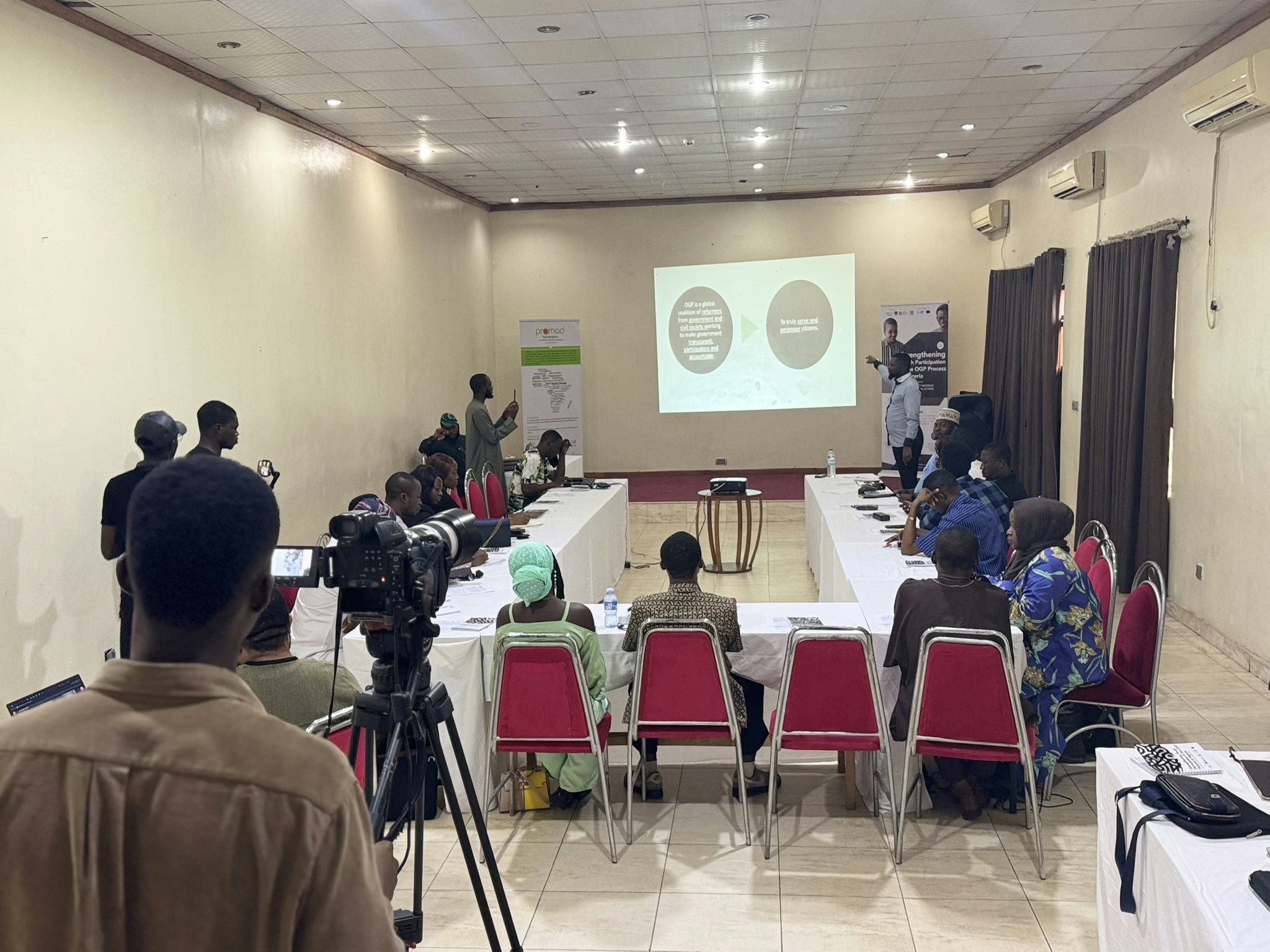
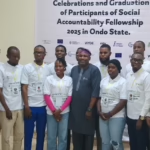
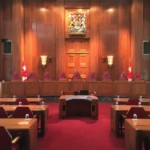
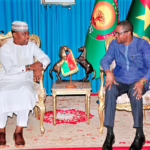




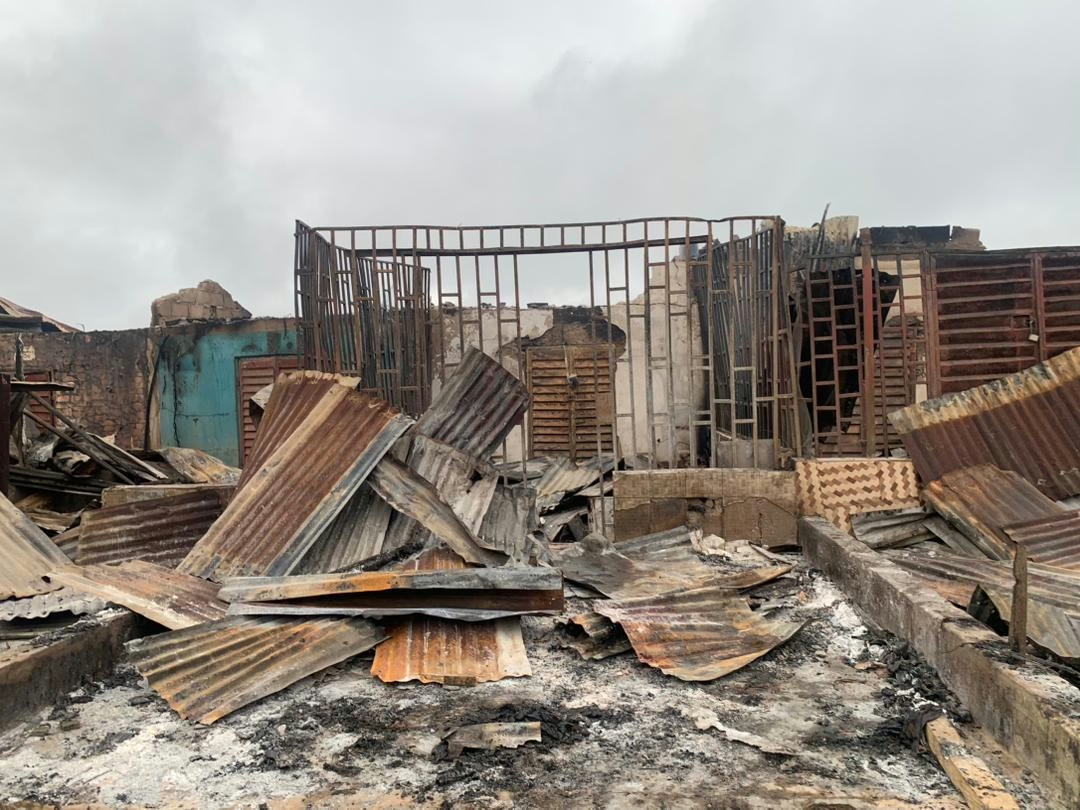

Leave a Reply